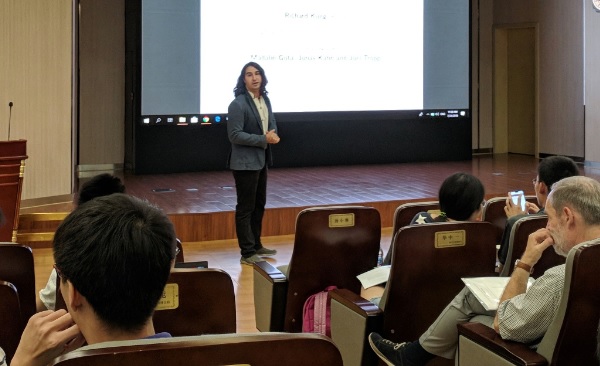How researchers use prediction to make quantum computers more predictable.

We live in interesting times -- although quantum computers are not yet available, they are coming. In principle, today’s quantum platforms are large enough to tackle interesting problems that seem impossible to solve using conventional computers. An impressive example is Google's Sycamore processor, a platform containing 53 qubits -- the quantum analog of a conventional bit -- and can solve true computational problems that would have taken the fastest supercomputer thousands of years (at least) to solve. The disadvantage: quantum architectures are extremely fragile. Even the smallest interference effects can affect the quantum calculation process. In order to even be able to carry out the impressive Google experiment in the first place, the chip had to be recalibrated daily. Several hours of supercomputer time were required to perform quantum calculations that take only fractions of a second due to the "curse of dimensionality": the number of degrees of freedom for a quantum system to be controlled grows exponentially in the qubit number. The Sycamore chip results in the astronomical number 4^53-1 = 8.11x10^32. In addition, reading out data requires quantum mechanical measurements.
These two factors make reading quantum information extremely demanding. Richard Küng, the new tenure-track professor for quantum information technology at JKU, aims to develop new methods in this regard. The junior researcher recently achieved an important milestone in cooperation with Robert Huang and John Preskill (both Caltech). Their article "Predicting Many Properties of a Quantum System from Very Few Measurements" (authors listed in alphabetical order) focuses on a simple, scalable protocol to efficiently determine interesting properties within a quantum system. Richard Küng remarked: "The basic idea is simple; we use the seemingly aggravated predictions as a resource. Random events tend to concentrate strongly around their expected value - an effect we know well from everyday life. If the selection process (quantum hardware) is also adapted in a smart way, when it comes to important applications, this effect can be used to circumvent the curse of dimensionality."
The original article by Huang, Kueng and Preskill has just been published in the renowned journal Nature Physics. Scientists in Innsbruck (Peter Zoller & his team) are testing new methods and a follow-up paper is close to submission.
Richard Küng rejected offers from Google AI and Amazon Web Services in order to come to the JKU Linz. His reason: "Austria is extremely well positioned in the field of quantum technology, especially the JKU. Outstanding work is being done by Robert Wille and Armando Rastelli and their respective teams. These are the best starting conditions for a junior quantum researcher. And it is not a problem to access my strong contacts in the USA without any problems."
About Richard Küng
Born in 1988, Richard Küng studied physics at ETH Zurich, completing his doctoral dissertation titled "Convex Reconstruction from Structured Measurements" at the University of Cologne (2016) summa cum laude. After spending time at universities in Berlin and California, he came to the Department of Computer Science at the JKU in April 2020 as a tenure-track professor.








